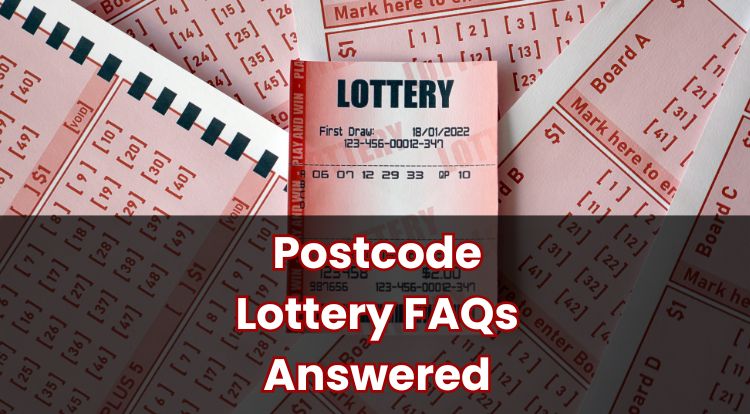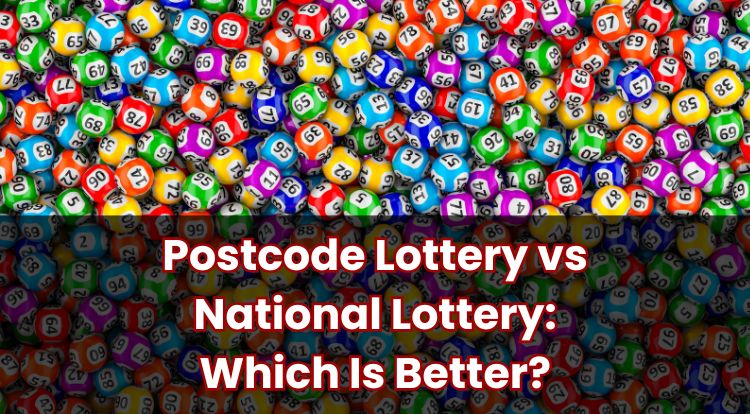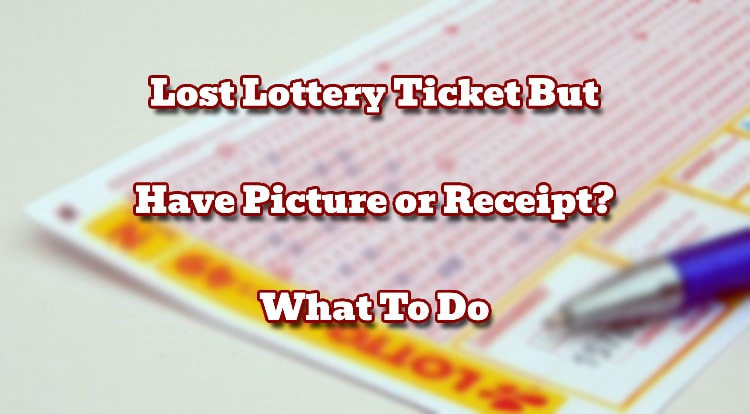Max Lottery Tickets You Can Buy at Once: Is There a Limit?
It’s a common question among lottery players: Is there a cap on how many tickets you can buy at once? Some assume there’s a legal limit, while others think it’s entirely up to the buyer. In practice, the answer often depends on the lottery provider and how purchases are made.
In this blog post, we look at what actually influences ticket limits, how providers and UK Gambling Commission (UKGC) guidelines come into play, and why some people choose to buy tickets in bulk. We also explore whether buying more tickets really improves your chances, how winners tend to play, and whether there’s ever a “best” time to buy.
If you’ve ever wondered how many tickets are too many, or what approach makes sense for you, read on for a clearer picture.
Is There a Limit To Lottery Tickets?
In most cases, UK lottery providers do place limits on how many tickets—or lines—you can buy for a single draw. For instance, the National Lottery sets a cap on the number of lines you can purchase in one go, which helps keep things straightforward for players.
These limits are mainly in place to support responsible play and prevent overspending. The exact rules can vary depending on the game or provider, and whether you’re buying tickets in person or online can also make a difference.
Some apps or websites might set their own limits per transaction, or even over a set period of time, such as daily or weekly caps.
To avoid confusion, it’s worth checking the terms directly with the lottery you’re playing. The provider’s website or customer service team can usually confirm how many tickets you’re allowed to buy and help you stay within the rules.
How Many Tickets Do Lottery Winners Buy?
There’s no set number of tickets that guarantees a lottery win. Some people have landed the jackpot with just a single line, while others have entered multiple tickets in the same draw.
UK lottery data shows that winners come from all kinds of playing practices. Some play regularly with just a few lines, while others prefer to increase their entries. In many cases, groups, such as friends, families or colleagues, join together in syndicates, buying tickets as a group to boost their chances while sharing the cost.
Chances of Winning The Lottery If You Buy X Tickets
100 Tickets
If you choose to buy 100 tickets for the same lottery draw, you’re giving yourself 100 separate entries—so 100 individual chances to win. Based on typical odds of around 1 in 14 million per ticket, this gives you a 100 in 14 million chance overall.
While that’s a slight improvement compared to buying just one ticket, the odds of winning are still extremely low. The cost of purchasing that many tickets can add up quickly, so it’s only worth considering if it comfortably fits within your personal budget.
As with any form of lottery play, there’s never a guarantee of a win, no matter how many tickets you buy. If you’re ever unsure about how much to spend, it’s worth going back to the basics on setting limits and playing within your means.
1,000 Tickets
If you choose to buy 1,000 tickets for a single lottery draw, that gives you 1,000 individual chances—one for each ticket. Using standard odds of 1 in 14 million per ticket, your overall chance becomes 1,000 in 14 million.
While this improves your chances compared to buying just a few tickets, the odds are still extremely low. It’s important to remember that spending more doesn’t guarantee a win.
Buying 1,000 tickets also comes at a considerable cost. If you’re ever thinking about a large purchase like this, make sure it sits well within your budget and doesn’t affect your other priorities. As always, the guidance from the UKGC applies—setting limits and sticking to them can help keep your play in check.
10,000 Tickets
If you were to enter a lottery draw with 10,000 tickets, that would give you 10,000 separate entries, each counted individually.
While this might sound like a significant number, the overall odds of winning remain very low because of how large the lottery pool typically is. Even with more entries, there’s still no guarantee of a return.
Buying this many tickets also comes with a high cost, which, for most people, won’t sit comfortably within a usual budget. It’s worth thinking about whether such a large number of entries is practical or necessary. Setting spending limits and sticking to them helps keep things manageable, no matter how many tickets you decide to buy.
Buying Packs of Lottery Tickets vs Buying Separate Tickets
Some lotteries give you the option to buy tickets as a pack or bundle, something you’ll often see with scratchcards or instant win games. Occasionally, draw tickets may also be available in multiples.
Whether you choose to buy one ticket at a time or several together, each ticket keeps its own individual chance of winning. The odds per ticket don’t change based on how you buy them.
If you’re thinking about buying in bulk, it’s worth checking whether the upfront cost fits comfortably within your budget. Packs can be more expensive overall, so consider what suits your spending plans before making a decision.
Is There a “Luckiest Time” To Buy a Lottery Ticket?
Some people suggest that buying a lottery ticket at a certain time of day or on a particular day might improve your chances. However, there’s no evidence or official guidance to support this idea.
In UK lotteries, all entries are treated equally, no matter when they’re bought. Draws follow the same process each time, using systems designed to ensure fairness and consistency.
Rather than focusing on when to buy, it’s preferable to think about how a ticket purchase fits into your overall plans. As always, it helps to consider your budget in advance and decide what feels manageable for you.
Staying informed and making choices that suit your circumstances is the best approach if you choose to take part.
*All values (Bet Levels, Maximum Wins, etc.) mentioned in relation to these games are subject to change at any time. Game features mentioned may not be available in some jurisdictions.
**The information provided in this blog is intended for educational purposes and should not be construed as betting advice or a guarantee of success. Always gamble responsibly.




